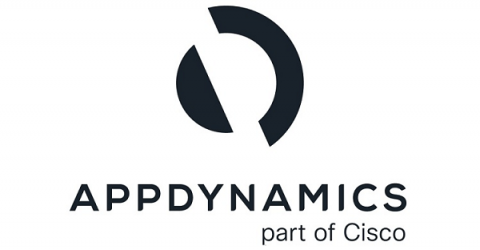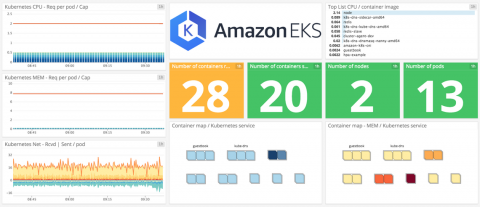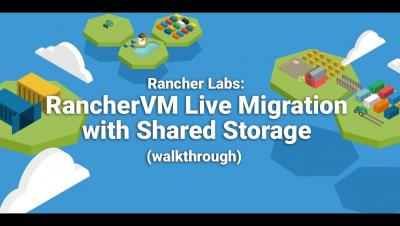The AppD Approach: Monitoring Kubernetes Events
Just recently we launched AppDynamics for Kubernetes, giving enterprises end-to-end, unified visibility into their entire Kubernetes stack and Kubernetes-orchestrated applications for both on-prem and public cloud environments. Our industry-leading APM provides visibility into Kubernetes by leveraging labels such as Namespace, Pod or ReplicaSet. And AppDynamics customers can organize, group, query or filter Kubernetes objects or performance metrics based on labels.











